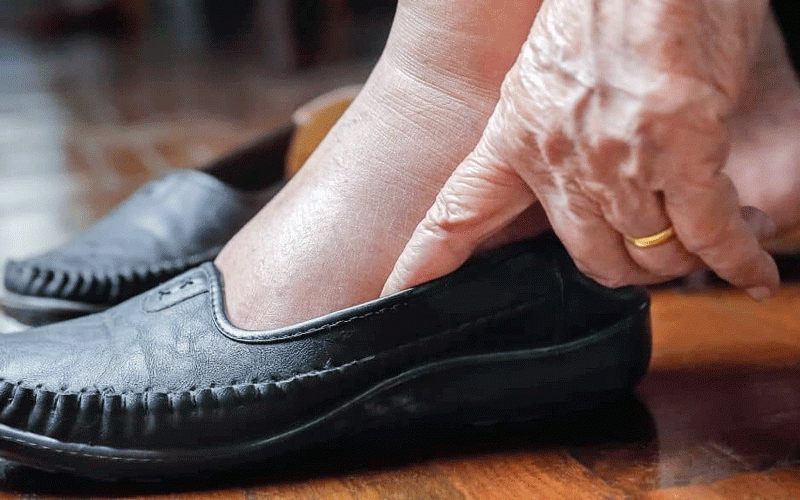
Of more than 55 000 US children younger than 12 years, 6% lived with a smoker — and those children were more likely to have Attention deficit hyperactivity disorder (ADHD) compared to children in smoke-free homes, the study, published in Pediatrics, found.
Even after accounting for a number of possible explanations, such as parents’ income and education levels, second-hand smoke was still tied to a higher risk of behavioural problems, said Hillel Alpert at the Harvard School of Public Health, one of the researchers.
The findings don’t prove a smoke-filled home is to blame, because there are other factors that the study didn’t look at that may also be to blame —but it may give parents yet another reason to keep their homes smoke-free.
Health experts already recommend that children be shielded from second-hand smoke for health reasons, since it can increase their risk of respiratory infections, severe asthma and sudden infant death syndrome.
“The key message for parents is to protect their children from exposure to second-hand smoke,” Alpert said.
One other factor to consider is that children exposed to second-hand smoke often had intra-uterine exposure as well, which has been linked to increased risks of learning and behavioural problems.
It’s also possible that parents who smoke have a greater history of learning or behaviour problems themselves compared with non-smoking parents.
— Reuters Life!











